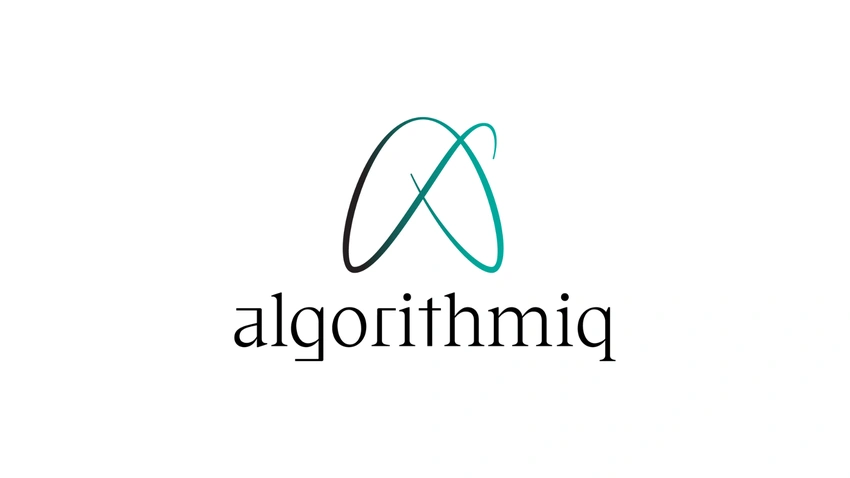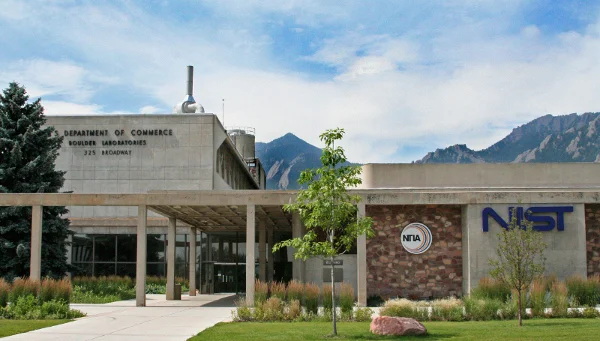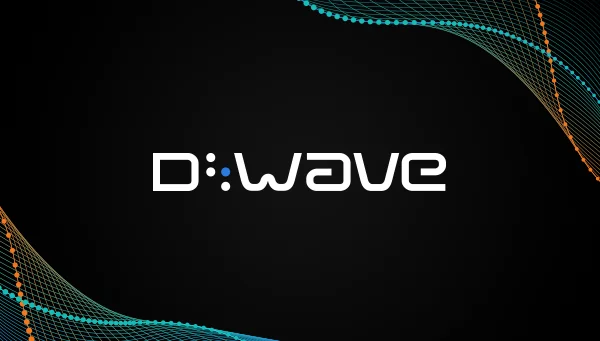Insider Brief
- Algorithmiq reports it successfully ran a large-scale error mitigation experiments to date on IBM’s hardware.
- Algorithmiq’s proprietary error mitigation algorithms were run on the IBM Nazca, the 127 qubit Eagle processor.
- The team said the experiment shows they are positioned for achieving the use of quantum computers for practical real-world problems.
PRESS RELEASE — Algorithmiq, a scaleup developing quantum algorithms to solve the most complex problems in life sciences, has successfully run one of the largest scale error mitigation experiments to date on IBM’s hardware. This achievement positions them, with IBM, as front runners to reach quantum utility for real world use cases. The experiment was run with Algorithmiq’s proprietary error mitigation algorithms on the IBM Nazca, the 127 qubit Eagle processor, using 50 active qubits x 98 layers of CNOTS and thus a total of 2402 CNOTS gates. This significant milestone for the field is the result of a collaboration between the two teams, who joined forces back in 2022 to pave the way towards achieving first useful quantum advantage for chemistry.
Quantum computers, when operated, still have high levels of errors that stand in the way of performing meaningful large scale calculations on the hardware. Currently, one of the biggest challenges in quantum computing is to overcome such noise in the execution. Error mitigation techniques are designed to enable running algorithms in the presence of errors. They, however, typically become very runtime inefficient as the problem size and qubit numbers increase. Scalable error mitigation is at the core of Algorithmiq’s drug discovery platform, Aurora, and is precisely what was validated on stage at IBM’s most anticipated annual Quantum Summit – a yearly event where IBM showcases to its clients and close partners the latest advancements in the quantum space and reveals next year’s hardware development roadmap.
Advancing into the era of quantum utility with Tensor-network Error Mitigation techniques

The results were obtained using Algorithmiq’s proprietary Tensor Network Error Mitigation (TEM) techniques applied to an experiment carried out in collaboration with Ivano Tavernelli’s team at IBM Zurich and designed in conjunction with John Goold’s group at Trinity College Dublin. The powerful technique fully mitigated the noise even as the depth of the circuit increased, a regime where the best error mitigation methods would usually fail to work and recovered the quantum signal from practically nothing (at a value nearing 0).
Algorithmiq’s state-of-the-art methods are able to recover the signal in regimes where some of the previous error mitigation methods struggled with significant improvements in terms of measurement overhead, which translates into much faster computations within hours instead of tens of years.
The impact of these experiments builds the foundations necessary for the application of quantum computation at scale which will remain relevant along the path to the fault-tolerance era.
Professor Sabrina Maniscalco, Co-Founder and CEO of Algorithmiq said, “It’s a great honour to be presenting this successful milestone with IBM’s team at the IBM Summit. Today represents further validation that Algorithmiq’s core error mitigation techniques are powerful and will enable large scale experiments on specific use cases leading us well into the quantum utility era for real commercial applications. I’ve dedicated over 20 years of my life to the study of noisy quantum systems, as a Professor, and I never thought this type of experiment would be possible so soon. Needless to say, I’m extremely excited about the goals we’ve set ourselves for 2024. Today’s results are just the beginning!”
Quantum chemistry application results with AstraZeneca
Further to the announcement of the error mitigation technique, Sabrina Maniscalco, CEO and Co-founder of Algorithmiq was back on stage to present additional key achievements by the team’s latest published results, this time with AstraZeneca, IBM and the Hartree Centre on a novel approach suitable to study proton transfer reactions which treats both electrons and nuclei with the same quantum mechanics. Combining the latter with Algorithmiq’s hardware-adapted fermion-to-qubit mapping and compilation algorithms drastically reduced the quantum hardware requirements compared to existing methods (we have observed up to 54% reduction in number of noisy operations) and laid the groundwork for the first hardware experiments.
Guillermo García-Pérez, CSO and co-founder of Algorithmiq: “The significance of these results demonstrates the power of our key enabler, informationally complete measurements which, when combined with best in class hardware are the stepping stone to any scalable quantum simulation and the basis for any meaningful application.”
A new chapter for Qiskit Nature within Algorithmiq
To cement Algorithmiq’s lead in the quantum chemistry software space, IBM announced in their latest blog that the startup would become the new owners of Qiskit Nature code, IBM’s highly curated quantum community for chemistry. This news comes as part of a series of changes to the Qiskit Ecosystem, welcoming external partners to maintain the repositories and to provide the communities a greater role in the development of algorithms and applications.
Matteo Rossi, CTO and co-founder of Algorithmiq commented: “We’re excited to be the trusted new code owners of Qiskit Nature. With our team’s expertise in state-of-the-art methods in quantum chemistry and quantum computing, and by collaborating closely with the community, we aim to develop software that empowers researchers and companies to address the profound quantum simulation challenges ahead in the natural sciences.”
Quantum computing photo-activated drugs with IBM and Cleveland Clinic
Algorithmiq ‘s novel measurement approach combined with its state-of-the art chemistry methods have enabled the team to secure up to $4.25 million from the Wellcome Leap to design new photon drug interactions in cancer prevention and treatment alongside their partners, IBM and Cleveland Clinic.
More information about the latest experiments presented at the IBM Summit have been published in a blog by Algorithmiq here and TEM paper in the arxiv here.
If you found this article to be informative, you can explore more current quantum news here, exclusives, interviews, and podcasts.














